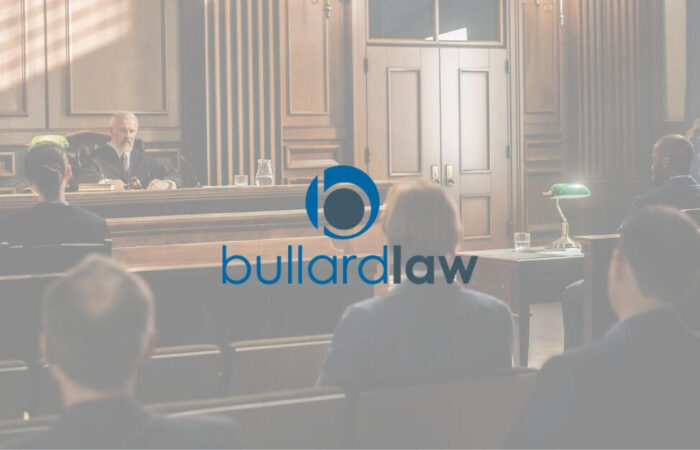Join Bullard Law's free online webinars on wills and estate planning. Gain guidance from an attorney, practical tools, and insights to secure your family's future. Learn more and register today!

How to Select the Right Mediator – A Guide for Attorneys in Florida
As an attorney in Florida, selecting the right mediator for your case can significantly impact the outcome. This guide provides key considerations to help you choose the most suitable mediator for your specific legal needs.
Mediation Training and Certification
Accreditation Standards ensure that the mediator has been trained specifically in mediation according to industry-accepted standards. In Florida, mediators should be certified by the Florida Supreme Court, which sets rigorous requirements for training and ethical standards.
Select a mediator who engages in continuous professional development. This ensures they are up-to-date with the latest mediation techniques and legal changes. The Florida Dispute Resolution Center (DRC) often provides resources and courses for ongoing education. Following best practices for selecting a mediator, continuous development is crucial.
Experience and Expertise
Look for mediators with a legal background relevant to your case. If your case involves family law, a mediator with experience in family disputes would be ideal. For commercial disputes, find someone with expertise in business law.
Consider the mediator’s track record. Experienced mediators can handle complex issues more effectively and are more likely to facilitate a successful resolution. When following best practices for selecting a mediator, their experience and expertise are paramount.
Adherence to a Code of Conduct
Choose a mediator who follows an appropriate Code of Conduct. The Florida Supreme Court’s Standards of Professional Conduct for Certified and Court-Appointed Mediators outline the ethical responsibilities and standards mediators must uphold. A mediator should provide access to a complaints process. This transparency ensures accountability and allows parties to address any concerns regarding the mediation process.
Interpersonal Skills
The mediator must be neutral and impartial, capable of managing both parties’ perspectives without bias. Effective communication is crucial. A good mediator should facilitate dialogue, manage emotions, and help parties articulate their needs and interests clearly.
Availability and Accessibility
Choose a mediator who can accommodate the schedules of all parties involved. Flexibility in scheduling can prevent delays and keep the process moving forward. Also consider the mediator’s location. While many mediations can now occur virtually, having a mediator familiar with local laws and customs in Florida can be advantageous. Accessibility is a part of the best practices for selecting a mediator.
Cost Considerations
Understand the mediator’s fee structure. While some mediators charge hourly rates, others may offer flat fees for certain types of cases. Ensure that the cost aligns with your client’s budget. While cost is important, it should not be the sole deciding factor. An experienced and skilled mediator might be more expensive but could save time and resources in the long run by facilitating a quicker resolution.
Professional Recommendations
Seek recommendations from colleagues who have had positive experiences with specific mediators. Personal endorsements can provide valuable insights into a mediator’s effectiveness and style. Moreover, utilize professional directories such as the Florida Bar’s directory of certified mediators or the Florida Academy of Professional Mediators. These directories often include detailed profiles and reviews, helping you follow best practices for selecting a mediator.
Conclusion
Best practices for selecting a mediator is a critical step in the dispute resolution process. By considering factors such as training, experience, ethical standards, interpersonal skills, availability, cost, professional recommendations, by looking at certified mediators in Florida, attorneys in Florida can choose mediators who are well-equipped to handle their cases effectively.
A well-chosen mediator can facilitate a fair and efficient resolution, ultimately benefiting all parties involved. If you’re looking to schedule a mediation or arbitration, consider reaching out to Attorney Cesery L. Bullard, an experienced mediator dedicated to providing high-quality dispute resolution services. Visit our contact page to schedule a session and learn more about how we can assist you in resolving your legal disputes efficiently and effectively.



